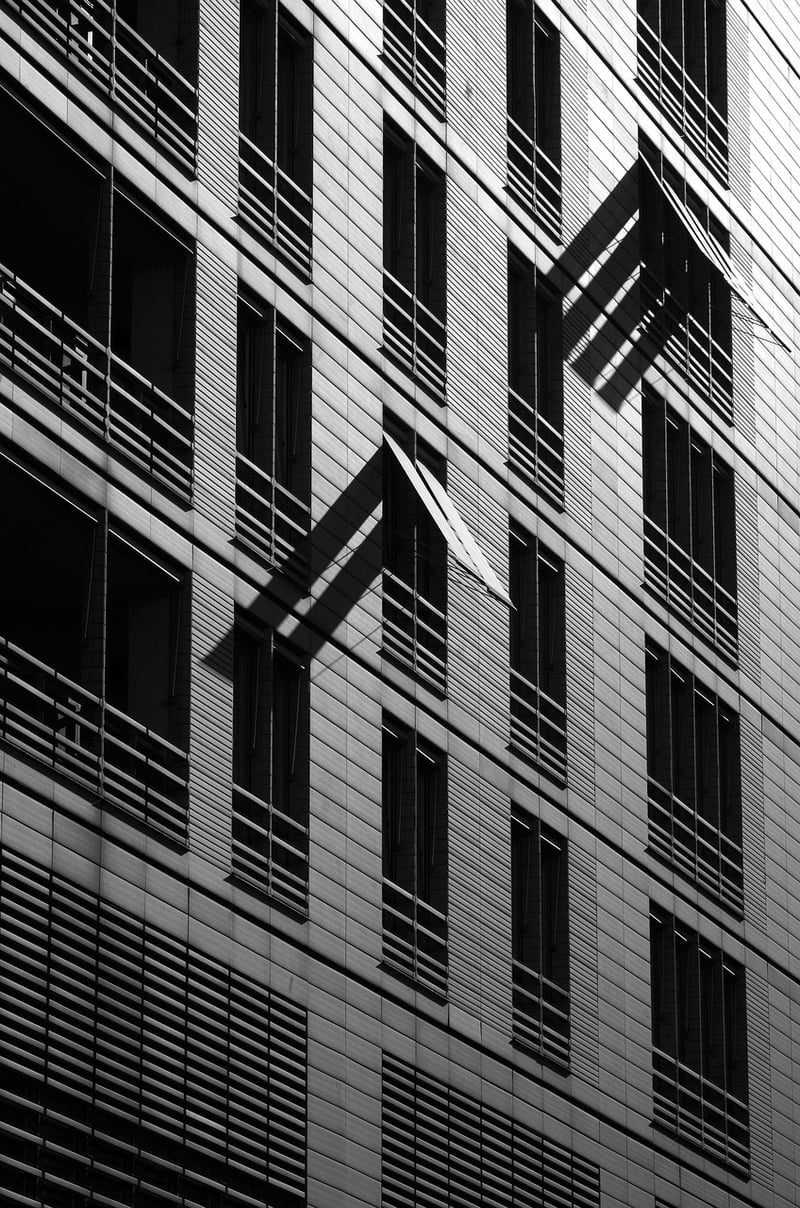Contemporary
Exploring Expressive Movement Forms in Contemporary Dance
Contemporary dance is a dynamic and evolving art form that incorporates a wide range of expressive movement styles. From fluid and flowing gestures to sharp and angular movements, contemporary dance allows dancers to explore emotions, narratives, and abstract concepts through their bodies. In this article, we delve into some of the expressive movement forms commonly found in contemporary dance.
1. Release Technique
The release technique focuses on letting go of tension in the body to allow for a more natural and effortless movement quality. Dancers use breath, weight, and momentum to initiate and guide their movements, creating a sense of freedom and fluidity in their dancing.

2. Contact Improvisation
Contact improvisation is a form of dance where two or more dancers engage in physical contact to explore weight-sharing, momentum, and spontaneous movement creation. This form emphasizes trust, communication, and being present in the moment as dancers respond to each other's impulses and movements.

3. Floorwork
Floorwork involves dancing on the floor using intricate and fluid movements that connect the dancer to the ground. Dancers explore different levels, textures, and pathways while engaging with gravity to create a unique and grounded movement vocabulary.

Contemporary dance continues to push boundaries and challenge conventions, allowing for a diverse range of expressive movement forms to thrive. Whether it's through the release technique, contact improvisation, or floorwork, dancers find ways to connect with their bodies, emotions, and the space around them in innovative and captivating ways.
Embrace the art of contemporary dance and let your body tell stories through the language of movement!
